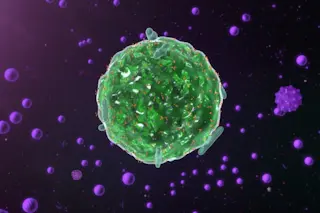The class of psychotropic drugs is a big one, and you may be surprised by some of the substances included in this group. Psychotropic drugs affect your mental state, including your thoughts, perceptions, mood and behavior.
When you hear the words ‘psychotropic drugs,’ what comes to mind might be something like LSD or mescaline. Those drugs fall broadly into that category. But so does caffeine.
For the most part, when we talk about psychotropic drugs, we talk about medications used to treat various mental health disorders. These include anti-anxiety medications, antidepressants, antipsychotics and stimulants. These drugs are also used to treat sleep disorders and, in some cases, to treat pain. A few widely used psychotropic drugs are Adderall, Ritalin, Ativan, Xanax, Elavil, Lexapro and Cymbalta — and that’s just a few from a long list.
Most psychoactive drugs work by altering the brain’s neurotransmitters. These chemicals ferry messages from one ...















